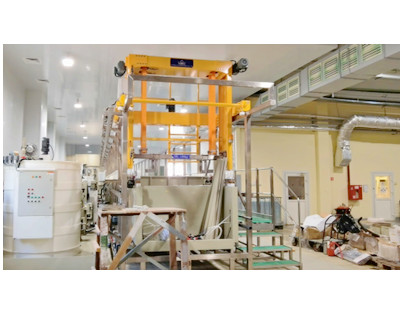① Purpose and function: nickel plating layer is mainly used as the barrier layer between copper layer and gold layer to prevent the mutual diffusion of gold and copper and affect the weldability and service life of the board; At the same time, the nickel backing also greatly increases the mechanical strength of the gold layer;
② Process parameters related to copper plating on the whole plate: the addition of nickel plating additives is generally supplemented according to the method of kiloampere hours or according to the actual production effect of the plate, and the addition amount is about 200ml/kah; The current calculation of pattern electroplated nickel plating is generally 2 A / square decimeter multiplied by the electroplating area on the plate; The temperature of the nickel cylinder is maintained at 40-55 degrees, generally about 50 degrees. Therefore, the nickel cylinder should be equipped with a heating and temperature control system;
③ Process maintenance:
Supplement nickel plating additives according to kiloampere hours every day; Check whether the filter pump works normally and whether there is air leakage; Clean the cathode conductive rod with a clean wet cloth every 2-3 hours; Analyze the contents of nickel sulphate (nickel sulfamate) (once a week), nickel chloride (once a week) and boric acid (once a week) in the copper cylinder regularly every week, adjust the content of nickel plating additives through Hall cell test, and timely supplement relevant raw materials; Clean the anode conducting rod and the electrical connectors at both ends of the tank every week, and timely supplement the anode nickel angle in the titanium basket with a low current of 0. 2—0。 5asd electrolysis for 6-8 hours; The titanium basket bag of anode shall be checked every month for damage, and the damaged one shall be replaced in time; Check whether there is anode mud accumulated at the bottom of the anode titanium basket. If there is, clean it up in time; The carbon core is used for continuous filtration for 6-8 hours, and low current electrolysis is used to remove impurities at the same time; Every half a year or so, the need for major treatment (activated carbon powder) is determined according to the tank liquid pollution; Replace the filter element of the filter pump every two weeks;
④ Major treatment procedure: A. take out the anode, pour out the anode, clean the anode, and then put it in the barrel packed with nickel angle, roughen the surface of nickel angle with micro etchant to uniform pink, wash and dry it with water, put it into the titanium basket, and then put it into the acid bath for standby. B. soak the anode titanium basket and anode bag in 10% alkaline solution for 6-8 hours, wash and dry it with water, and then soak it in 5% dilute sulfuric acid, and wash and dry it with water for standby; C. Transfer the tank liquid to the standby tank, add 1-3ml/l of 30% hydrogen peroxide, start heating, turn on air stirring when the temperature reaches about 65 ℃, and stir with insulated air for 2-4 hours; D. Turn off the air stirring, slowly dissolve the activated carbon powder into the bath solution at the rate of 3-5g/l, turn on the air stirring after the dissolution is complete, and keep the temperature for 2-4 hours; E. Turn off the air agitation, heat it up, and let the activated carbon powder slowly settle to the bottom of the tank; F. When the temperature drops to about 40 ℃, use 10um PP filter element plus filter aid powder to filter the tank liquid into the cleaned working tank, turn on air mixing, put in the anode, hang it into the electrolytic plate, and press 0. 2-0。 5asd current density low current electrolysis for 6-8 hours, G. after chemical analysis, adjust the contents of nickel sulfate or nickel sulfamate, nickel chloride and boric acid in the tank to the normal operating range; Add nickel plating additives according to the results of Hall cell test; H. After the color of the electrolytic plate surface is uniform, the electrolysis can be stopped, and then press 1-1. The current density of 5asd shall be treated by electrolysis for 10-20 minutes to activate the anode; 1. Test plating ok OK;
⑤ When supplementing drugs, if the addition amount is large, such as nickel sulfate or nickel sulfamate, and nickel chloride, it should be electrolyzed with low current after addition; When adding boric acid, the added boric acid shall be put into a clean anode bag and hung in the nickel cylinder. It shall not be directly added into the tank;
⑥ After nickel plating, it is recommended to add a recovery water wash, and open the cylinder with pure water, which can be used to supplement the liquid level of nickel cylinder volatilization due to heating. After recovery water washing, it is connected with two-stage counter current rinsing;
⑦ Dosing calculation formula:
Nickel sulfate (kg) = (280-x) × Tank volume (L) /1000
Nickel chloride (kg) = (45-x) × Tank volume (L) /1000
Boric acid (kg) = (45-x) × Tank volume (L) /1000




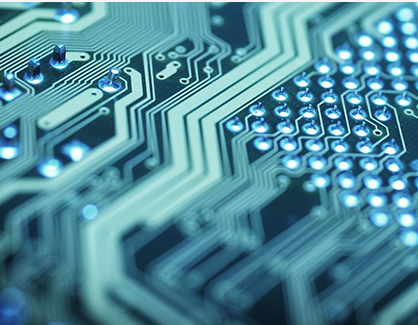
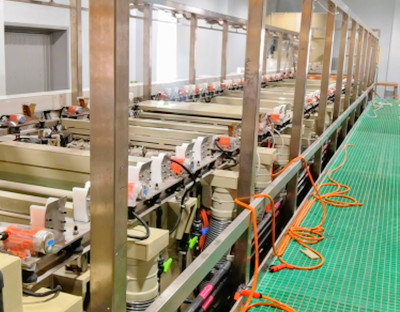
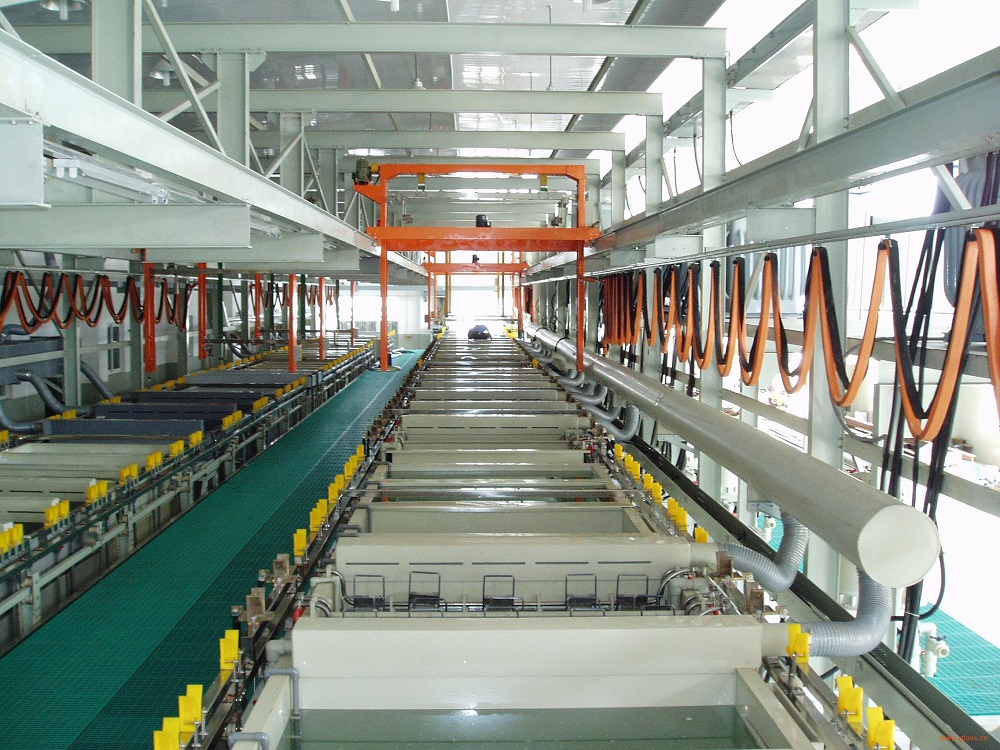
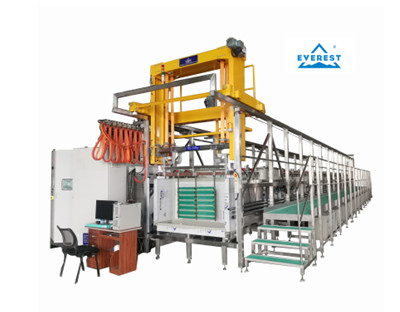
 Mar. 08, 2022
Mar. 08, 2022 